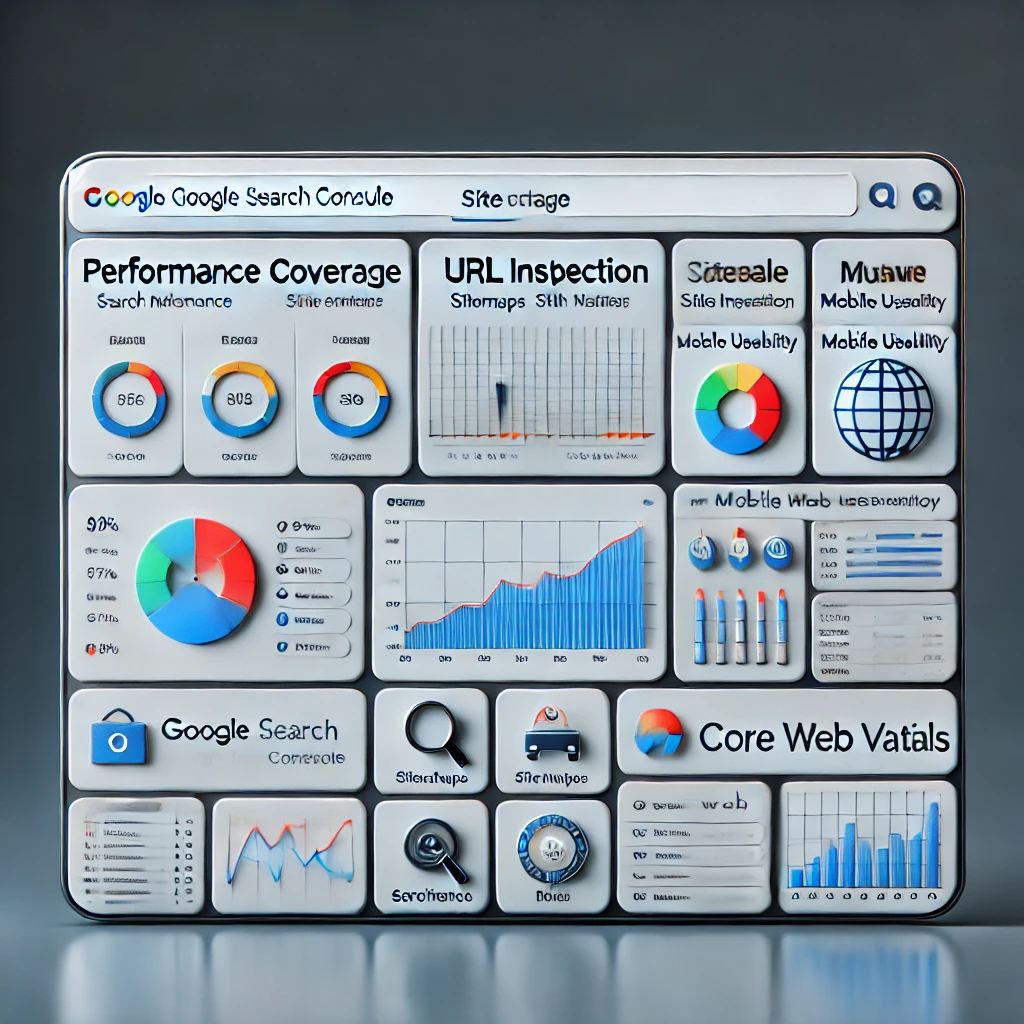Email marketing has been a cornerstone of digital marketing strategies for decades, and despite the emergence of newer platforms and tools, it remains one of the most effective channels for engaging audiences and driving conversions. This blog explores why email marketing continues to thrive and how businesses can leverage its potential to achieve their marketing goals.
1. Unmatched Reach and Accessibility
Email is universal. With over 4 billion email users worldwide, it offers unparalleled reach compared to other digital platforms. Unlike social media, where algorithms determine visibility, email allows businesses to communicate directly with their audience. Every email lands in the recipient’s inbox, giving marketers a chance to connect without intermediaries.
Moreover, email is accessible to virtually everyone with an internet connection, making it an inclusive platform. It bridges generational and technological gaps, ensuring that businesses can reach diverse demographics, from tech-savvy millennials to older generations.
2. High Return on Investment (ROI)
One of the most compelling reasons email marketing reigns supreme is its exceptional ROI. According to recent studies, email marketing generates an average ROI of $36 for every $1 spent. This performance surpasses most digital marketing channels, including social media and paid ads.
The cost-effectiveness of email marketing stems from its scalability. Whether you’re a small business or a multinational corporation, email campaigns can be tailored to fit any budget. Furthermore, tools like automation and segmentation allow marketers to optimize their efforts, ensuring maximum impact with minimal expenditure.
3. Personalization and Segmentation
Email marketing’s ability to deliver personalized content is a game-changer. With advanced customer data and tools, businesses can create tailored messages that resonate with individual recipients. Personalized emails improve engagement rates, as they make customers feel valued and understood.
Segmentation further enhances personalization by categorizing audiences based on factors such as demographics, purchase history, and behavior. For instance, an eCommerce store can send product recommendations based on a customer’s past purchases, significantly increasing the likelihood of conversion.
4. Ownership and Control
Unlike social media platforms, where businesses are subject to algorithm changes and policy updates, email marketing gives brands complete ownership of their audience. An email list is a direct line of communication with customers, free from third-party interference.
This ownership ensures long-term stability. Even if a social media platform becomes obsolete, a robust email list remains a valuable asset that businesses can leverage for years to come.
5. Direct and Immediate Communication
Emails are delivered instantly, making them an ideal channel for time-sensitive messages. Whether it’s a flash sale, a webinar invitation, or an urgent update, email ensures that messages reach the audience promptly.
Moreover, email allows for a structured communication approach. Businesses can use it for a variety of purposes, such as newsletters, promotional offers, transactional updates, and customer support, all while maintaining a professional tone.
6. Integration with Other Channels
Email marketing doesn’t operate in isolation; it complements and enhances other marketing efforts. For instance, businesses can use email to drive traffic to their websites, promote social media campaigns, or nurture leads generated through paid ads.
By integrating email with other channels, marketers can create a cohesive and consistent customer journey. For example, a user who clicks on a Facebook ad can receive a follow-up email with more detailed information, ensuring a seamless transition from awareness to conversion.
7. Measurable Results and Analytics
One of the biggest advantages of email marketing is the ability to measure its performance. Tools like open rates, click-through rates, and conversion rates provide valuable insights into the effectiveness of campaigns. This data empowers marketers to refine their strategies and achieve better results over time.
For example, A/B testing allows businesses to experiment with different subject lines, content formats, and call-to-actions (CTAs) to identify what resonates best with their audience. These insights help optimize future campaigns, ensuring continuous improvement.
8. Building Long-Term Relationships
Email marketing is not just about promotions; it’s a powerful tool for building relationships. Regular communication through newsletters and updates helps businesses stay top-of-mind with their audience. Sharing valuable content, such as tips, guides, and exclusive offers, fosters trust and loyalty.
Moreover, email allows for two-way communication. Features like surveys and feedback forms encourage recipients to share their opinions, creating a sense of involvement and strengthening the bond between businesses and customers.
9. Adaptability to Trends and Innovations
Email marketing has evolved significantly over the years, embracing new technologies and trends. Features like interactive emails, AI-driven personalization, and dynamic content ensure that email remains relevant in the ever-changing digital landscape.
For instance, interactive elements such as carousels, polls, and embedded videos enhance engagement by providing an immersive experience. AI tools enable hyper-personalization by analyzing user behavior and preferences, ensuring that every email feels tailor-made.
10. Compliance and Privacy
In an era of heightened privacy concerns, email marketing offers a secure and compliant way to connect with customers. Regulations like GDPR and CAN-SPAM Act ensure that businesses follow ethical practices, such as obtaining consent and providing easy opt-out options.
While these regulations may seem restrictive, they ultimately benefit marketers by fostering trust and credibility. Customers are more likely to engage with businesses that respect their privacy and communicate transparently.
Conclusion
Email marketing remains a cornerstone of digital marketing for good reason. Its unmatched reach, cost-effectiveness, and adaptability make it a powerful tool for businesses of all sizes. By leveraging personalization, segmentation, and analytics, marketers can create impactful campaigns that drive engagement and conversions.
In a world where digital trends come and go, email marketing continues to stand the test of time. Businesses that prioritize email as part of their marketing strategy are better positioned to build lasting relationships, achieve their goals, and thrive in the digital age.











